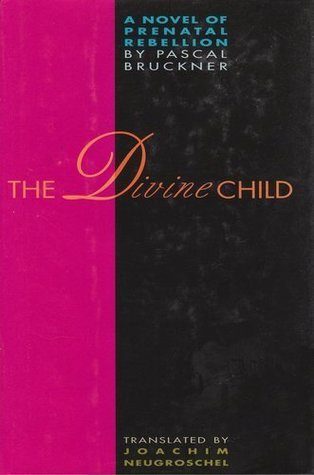
The Elementary Particles
Book Description
Two estranged half-brothers navigate a world marred by isolation and despair, their lives intersecting in haunting ways that blur the lines between desire and despair. As they grapple with their personal demons—one a jaded intellectual, the other a reclusive misfit—their haunting journeys expose the raw, aching loneliness of modern existence. In a society spiraling into chaos, their paths reveal unsettling truths about love, meaning, and the invisible barriers that keep humanity apart. Can connection triumph in a world so desperately fractured, or are they doomed to remain mere shadows of each other?
Quick Book Summary
"The Elementary Particles" by Michel Houellebecq is a provocative exploration of modern loneliness, sexuality, and the crumbling fabric of Western society. Focusing on two half-brothers, Michel, a dispassionate molecular biologist, and Bruno, a sex-obsessed schoolteacher, the novel traces their separate but intersecting paths through a world marked by emotional alienation and social decay. Michel seeks solace in scientific rationality, shunning intimacy, while Bruno yearns desperately for sexual and emotional connection, spiraling instead into frustration and self-destruction. Their stories unfold against a backdrop of existential emptiness, questioning the very foundations of love, human connection, and identity in the late twentieth century. Houellebecq weaves philosophical inquiry with raw realism, crafting a haunting portrait of personal and societal dissolution.
Summary of Key Ideas
Table of Contents
Modern Alienation and Isolation
Michel and Bruno, half-brothers connected only by a detached mother, embody the deep-seated alienation of late twentieth-century France. Michel, an emotionally numb molecular biologist, channels his energy into detached scientific work, abandoning social and romantic engagement. Bruno, on the other hand, is fixated on sex and emotional connection, but his obsessive longing leads to self-loathing and repeated failure. Their parallel existences illustrate a generation disconnected from meaningful relationships and haunted by the legacy of a permissive but loveless upbringing.
The Crisis of Sexuality and Love
The novel probes the crisis of sexuality in Western society, juxtaposing Michel’s clinical disinterest with Bruno’s insatiable desires. Houellebecq exposes the emptiness at the core of modern sexual liberation—an apparent freedom that often masks deeper loneliness and insecurity. Bruno’s attempts at fulfillment through hedonism end in disappointment and degradation, while Michel’s abstention is portrayed not as a choice, but as a form of resignation. In both cases, the pursuit of love or pleasure only deepens the characters’ sense of disconnection.
Science, Rationality, and the Search for Meaning
Amidst personal turmoil, the book explores the limits and allure of scientific rationality. For Michel, science offers a kind of surrogate for spirituality—a means to transcend human suffering through progress and genetic engineering. Houellebecq introduces philosophical musings on the possibility of overcoming human limitations, suggesting that advances in science and cloning might create a new, less tormented species. Yet, this vision is portrayed with ambiguity: science can describe and manipulate life, but offers little comfort or redemption for the soul.
Decay of Western Society and Values
Houellebecq situates these intimate narratives within a broader critique of contemporary Western society. The novel paints a grim portrait of declining social cohesion, the collapse of family structures, and the commodification of desire. Through Michel and Bruno, Houellebecq laments a civilization that has replaced genuine intimacy and shared values with consumerism and empty pleasure. The cultural shift from collective ideals to radical individualism, he suggests, has engendered a pervasive sense of futility and despair.
Hope and the Limits of Human Connection
Despite its bleakness, "The Elementary Particles" also raises questions about hope and the possibility of transcending isolation. Both brothers experience fleeting moments of connection—Michel with Annabelle, Bruno with Christiane—that hint at the transformative potential of love and communion. However, these moments are fragile and ultimately threatened by the very forces of alienation the novel critiques. In the end, the story remains ambiguous, leaving readers to grapple with whether true human connection is possible—or forever out of reach—in a fractured world.
Download This Summary
Get a free PDF of this summary instantly — no email required.





